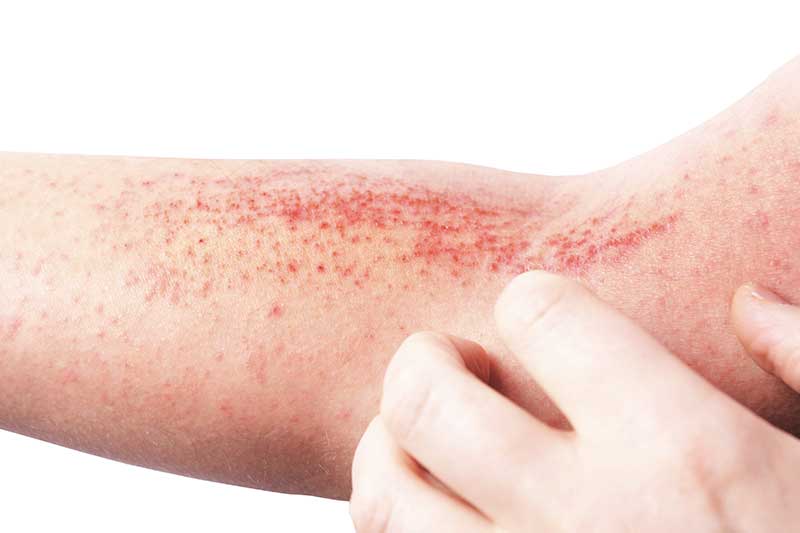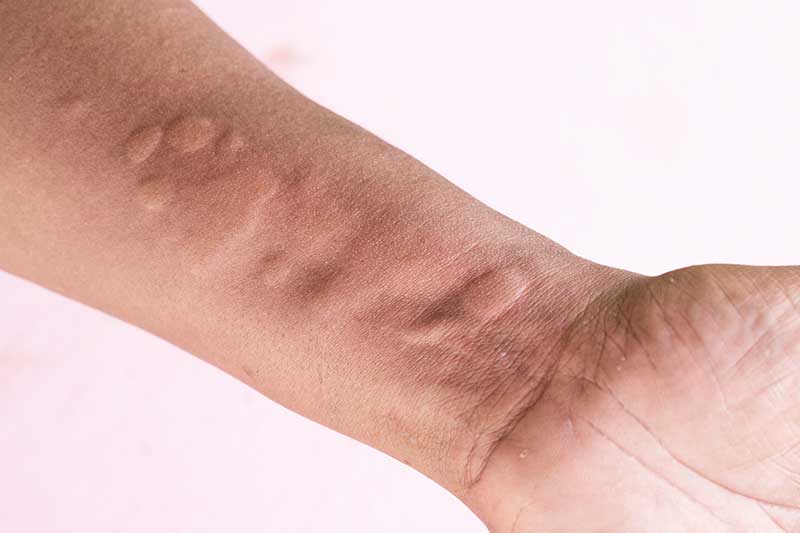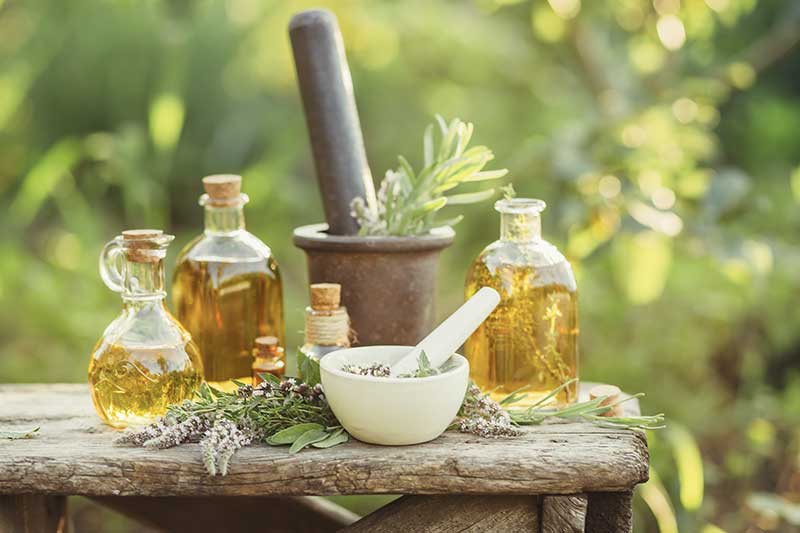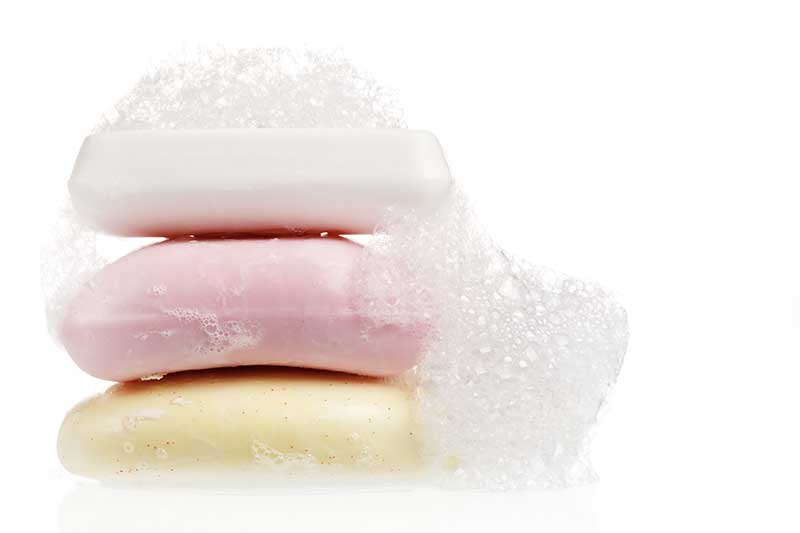
Winter is the time when those who live in areas with seasonal weather changes can develop a dry, itchy rash. Winter rash refers to exceptionally dry, or dehydrated, skin. The triggers include cold temperatures, low levels of humidity, and the use of central heating. These triggers can further worsen the skin condition and aggravate the symptoms of fungal infections. So, to prevent the occurrence of winter rash, you must take appropriate action. If you ask about the causes and types, there are many. Let’stake a look at few of them now.
The water and natural oils in our skin help in keeping it moist and develop its defensive skills. Winter rash develops when the skin loses too much moisture during cold seasons. The water and oils from the skin can be sucked out by cold, dry air and central heating. Dry skin and rashes may also be caused by other environmental variables, as well as lifestyle factors and some medical conditions.
Some skin conditions can also be caused due to the cold weather, like:
Dermatitis

This relates to any skin inflammation. Dermatitis causes the development of dry, itchy patches. Poor circulation or exposure to harsh chemicals, an allergen, or an infection may contribute to it.
Rosacea

A bacterial infection that causes rashes and small, red bumps on the skin is rosacea.
Cold Urticaria

After exposure to the cold, this unusual skin condition causes swollen, itchy bumps called hives. After swimming in cold water, some individuals grow hives, while others are vulnerable to cold air. The rash is irregular after exposure to the cold, which lasts for 1-2 hours.
Psoriasis

Cold, dry weather can cause flares of psoriasis. Stress, smoking, and some infections are other causes.
The symptoms of these skin conditions are as follows
As hands or arms are more exposed to cold temperatures than other parts of the body, a winter rash may spread over the entire body or only affect some areas. Redness, itching, patches that are rough or scaly, blisters or bumps, flaking and inflammation are some of the symptoms.
The above-mentioned conditions are not something to worry about. If you take proper care of it, and treat it immediately, they go away gradually.
There are several remedies that you can follow. Winter rash remedies should concentrate on re-moisturizing the skin and relieve any discomfort. To nourish and rehydrate the skin, moisturizers, oils, dusting powders or creams are recommended by dermatologists. Making simple changes to your lifestyle can also work. To ease the effects of a winter rash or fungal infection, you can try the following home remedies:
Use of an antifungal dusting powder

Using an antifungal dusting powder like Flucos not only helps you to stay away from fungal infections but also keeps you away from its various symptoms like skin irritation and itching.
Moisturizing or using natural oils

A moisturizer helps to lock in the moisture if you apply it after taking a bath or shower. Fragranced products for skincare contain harsh chemicals that can irritate the skin. Using fragrance-free moisturizers and creams can help people with sensitive skin. The rough, cracking skin that characterizes winter rash can be soothed by some natural products. Coconut oil and aloe vera gel also help to keep your skin moisturized.
Avoid harsh soaps

Exposure to cold and dry air can weaken the skin and make it more sensitive than normal. Those who experience winter rash might actually benefit from changing their daily cleanser and body wash. Look for non-foaming cleansers as they are gentle on your skin. Avoid using alcohol-containing products, parabens, synthetic dyes, or fragrances.
Turn down the heat

Central heating devices drain moisture from the air and should be used sparingly by people, even if cranking up the heat seems like a safe way to avoid the cold. Even at night, consider turning down the heat or switching it off. Therefore, taking care of your skin during winters is very important. Don’t ignore the above-mentioned symptoms if you have any and take some precautions or follow the remedies. Opting for a dusting powder is always recommended by doctors as it’s easy to use and effective. So, make the right choice and enjoy your winters to Live Fungal Free.